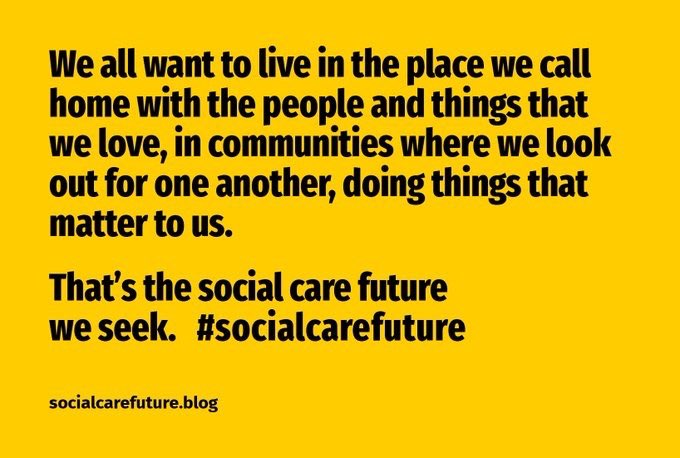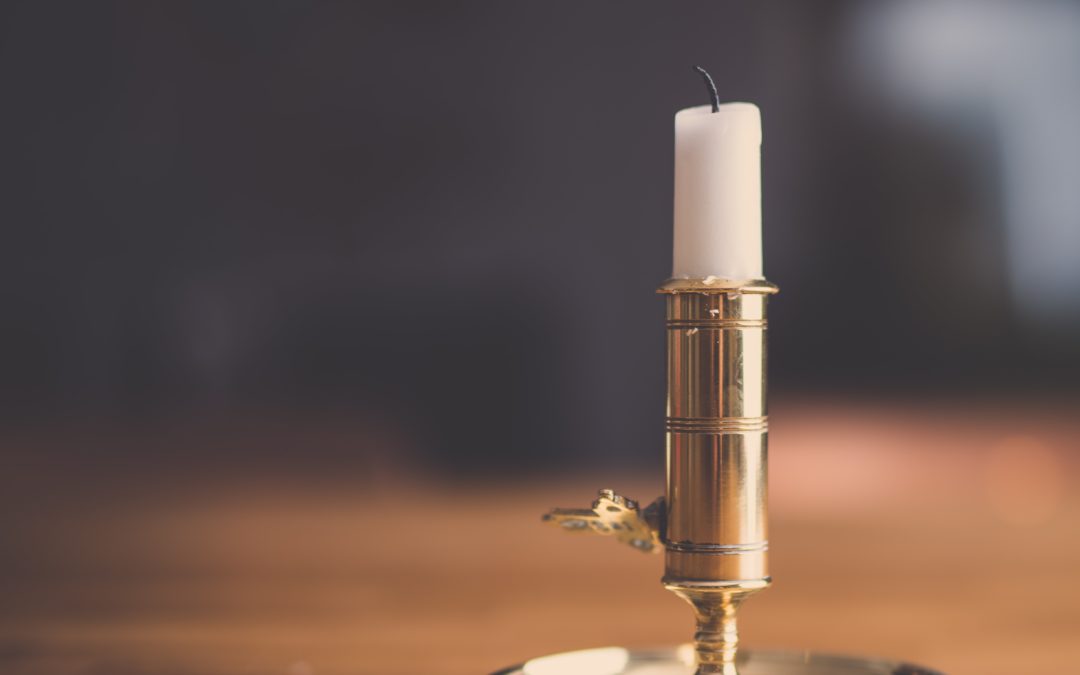As I sat having a socially distanced cup of tea with my 75-year-old dad a few weekends ago, we found ourselves talking about his best friend’s mum. I had known her as ‘nanna’ because she had spent a lot of time looking after my dad when he was younger, as his own mum was not always well enough.
Nanna lived in a village called Beltinge, near Herne Bay, Kent, and I recall many holidays staying with my nanna and grandad there.
As well as trips to the beach to fill yet another bucket with shells, a highlight for my sister and me was the daily walk to the high street. It was probably a 15-minute walk and we’d happily skip along the path with nanna and her trolley on wheels until we reached the high street where she did all of her shopping. There was a butcher, a baker (no candle stick maker!), a newsagent, a fishmonger, greengrocer, dentist, doctor and hardware shop.
It was never a quick trip to the shops, our nanna was greeted with ‘Morning, Mrs Philpott’ or ‘Morning Edith’ by all the shop keepers and stories were exchanged in every shop. Nana knew something about all of the shops and the people that worked there and they knew lots about her too.
The butcher would ask how the beef had been for the casserole yesterday, the baker would ask if she needed more bread as she had visitors, and they would make a fuss of us young girls that had come to stay with her. It’s fair to say as kids we didn’t think too much about this at the time, although we certainly enjoyed the attention and we’d never miss a trip to the shops with nanna.
It’s not until recently that I realised the importance of these trips, they were much more than a trip to get the daily essentials, they were an opportunity for our nanna to build relationships with the locals and the community within which she lived. They gave her a chance to belong, to share her life with others and support local businesses too. When our grandad passed away these visits were no doubt a lifeline to our nanna, providing her with friendship, companionship and giving her a daily purpose.
It’s something that in recent weeks has filled me with internal conflict as I look at what the high streets and the corner shops have become. Well before Brexit and COVID they had become a shadow of their former selves with many of the independent butchers, bakers, greengrocers and so on having shut up shop as people’s lifestyles changed and we began to shop out of town at supermarket chains because it was cheaper and more convenient.
I’m certainly not blaming others as I am myself one of those people and I’ve been hit by the realisation that by doing this and forcing the local shops out of business, there will be no local village shops for me to shop at when I get older. When I’m not able to drive — and unfortunately that time comes to us all — I’ll rely on an ever-decreasing public bus service or help from others, in the same way I now do my parents weekly shop.
In my own local town, the greengrocer that I used to visit with my mum each week was replaced many years ago, so there’s no more excitement of filling brown paper bags with your chosen fruits and weighing them on the old fashioned scales. And yes, it took longer but again that’s another precious commodity that we seem to have less of but that which could be spent so much more healthily.
One of the positives from the COVID pandemic is that it has shown many of us that it’s okay to not always have ‘tasks’ to do, that there’s a lot more to be gained from doing things at a slower pace and time spent building relationships with people is never wasted.
I wonder if it will come full circle at some point and we’ll find we’re putting butchers, bakers and maybe candlestick makers back on the high street?! If not, then we need, as many are already doing, to look at some of the ways communities have come together during COVID and ensure we maintain or develop these.
We must do all we can to establish and strengthen local communities so that we look out for one another as we go about everyday life and so that we each feel we belong and have a sense of purpose.
This was very much a topic of last week’s #SocialCareFuture festival where many individuals and organisations came together to look at how we can create a brighter future where people are supported to to live in the place they call home regardless of their age, colour, physical ability, mental health and demographics.

Fortunately, there’s so much work going on in this area at the moment and here at Buurtzorg Britain and Ireland we are glad to be part of a growing movement for change to improve health and social care for all and to strengthen communities.

